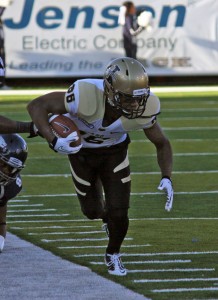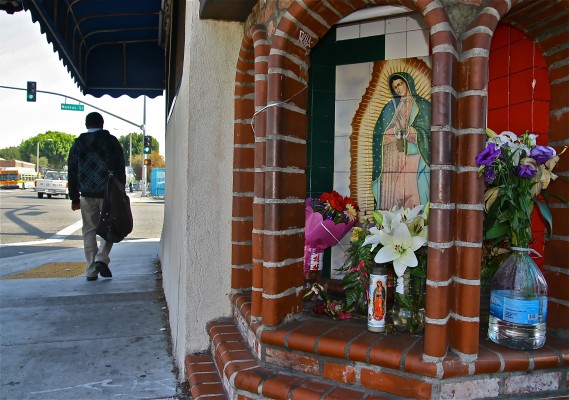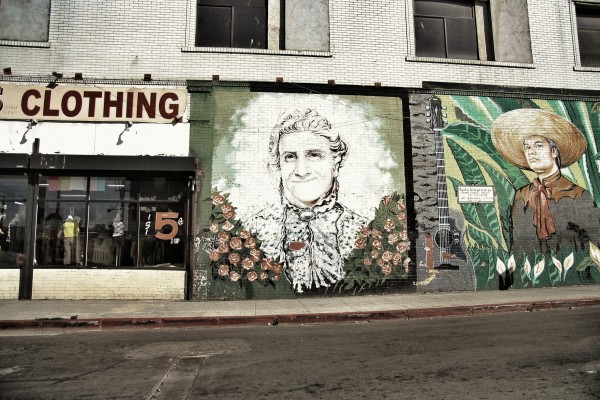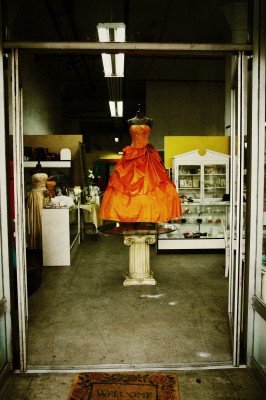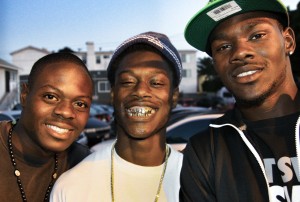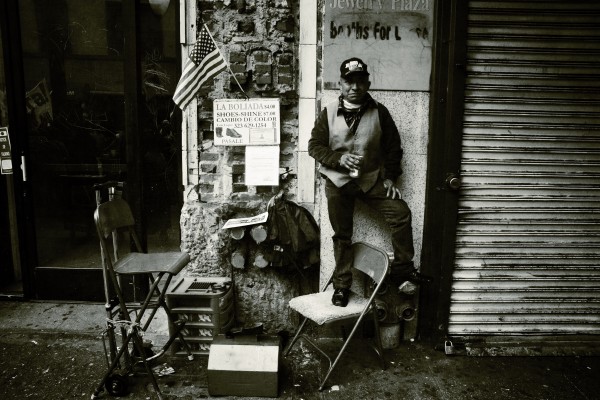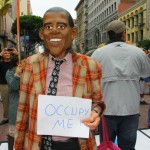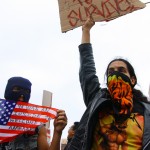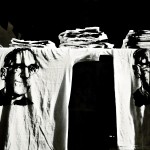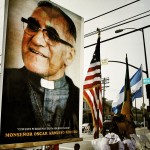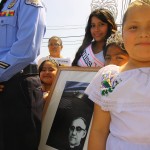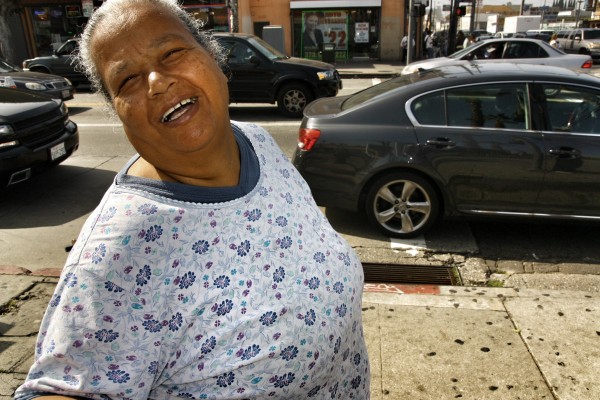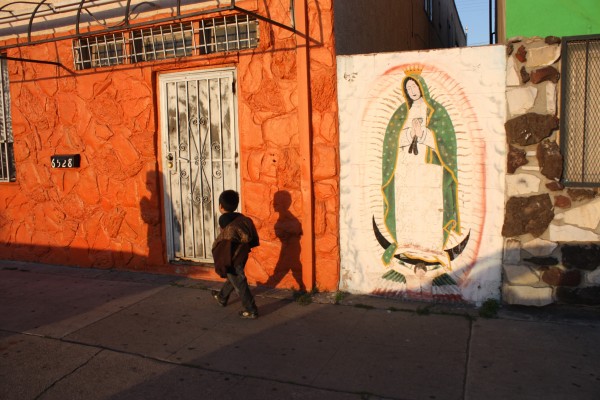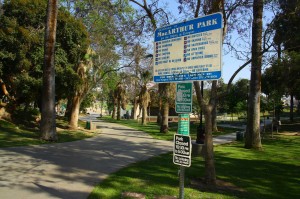
I’ve been spending a lot of time lately at MacArthur Park.
So the sad passing at 63 of Donna Summer sent me scurrying to her version of “MacArthur Park” (youtube version) — with its classic “cake out in the rain” lyric, wondering what that lyric was all about, as I’d spent my life never really considering the question.
I know I’m not alone.
Did not know that Jimmy Webb, the song’s composer, wrote it as a metaphor for a breakup of a relationship — with Susan Ronstadt, cousin of American singing icon Linda Ronstadt. Apparently, the couple used to frequent the park — this coming, I presume, in the days before the park was run by the Columbia Lil Cycos clique of 18th Street.
Moreover, the cake/rain reference is why the song has been deemed the “worst” and the “oddest” ever written. (Waylon Jennings also did a version, so it couldn’t have been that bad.) However, later in the song there’s this pressed pants metaphor for the affair that makes you imagine that Webb must have been pretty overwrought at the breakup, his imagination running into high gear: “We were pressed, in love’s hot, fevered iron like a striped pair of pants.”
Apparently the relationship also inspired Webb’s “By the Time I Get to Phoenix.”
That must have been some love affair!
Webb’s quoted as saying, “I see it as a relatively simple love song with some very sad imagery and about things passing away and never being the same again.”And then in another interview: “Those lyrics were all very real to me; there was nothing psychedelic about it to me. The cake, it was an available object. It was what I saw in the park at the birthday parties. But people have very strong reactions to the song. There’s been a lot of intellectual venom.”
Sammy Cahn called the song a “major piece of work” and compared it to Rhapsody in Blue. It was in the Top Ten twice — once in 1968, with Richard Harris’s version, then a decade later for the late Miss Summer.
Shouldn’t surprise anyone that there’s a blog, Someone Left the Cake out in the Rain.
Or a Pinterest photo collection. Or a Mardi Gras float.
Urban Dictionary says “a cake out in the rain” has come to mean an eccentric person.
So, because I know that by now you want it, here are the lyrics in full to Jim Webb’s …
MACARTHUR PARK
Spring was never waiting for us till
it ran one step ahead
as we followed in the dance.
Between the parted pages
we were pressed,
in love’s hot, fevered iron
like a striped pair of pants.
Mac Arthur’s Park is melting in the dark
all the sweet green icing flowing down
someone left the cake out in the rain
I don’t think that I can take it
’cause it took so long to bake it
and I’ll never have that recipe again
Oh, nooo!
I recall the yellow cotton dress
foaming like a wave
on the ground beneath your knees
birds like tender babies in your hands
and the old men playing
Chinese checkers
by the trees
Mac Arthur Park’s is melting in the dark
all the sweet green icing flowing down
someone left the cake out in the rain
I don’t think that I can take it
’cause it took so long to bake it
and I’ll never have that recipe again
Oh, nooo!
There’ll be another song for me
and I will sing it
there’ll be another dream for me
someone will bring it
I will drink the wine while it is warn
and never let you catch me
looking at the sun, oh yeah
and after all the loves of my life
after all loves in my life
you’ll be the one
I will take my life into my hands
and I will use it
I will win the worship in their eyes
and I will lose it
I will have the things that I desire
and my passion flow
like rivers through the sky
oh and after all the loves in my life
after all the loves in my life
you’ll still be the one
and I’ll ask myself why.
Mac Arthur’s Park is melting in the dark
all the sweet green icing flowing down
someone left the cake out in the rain
I don’t think that I can take it
’cause it took so long to bake it
and I’ll never have that recipe again
Oh, nooo!


